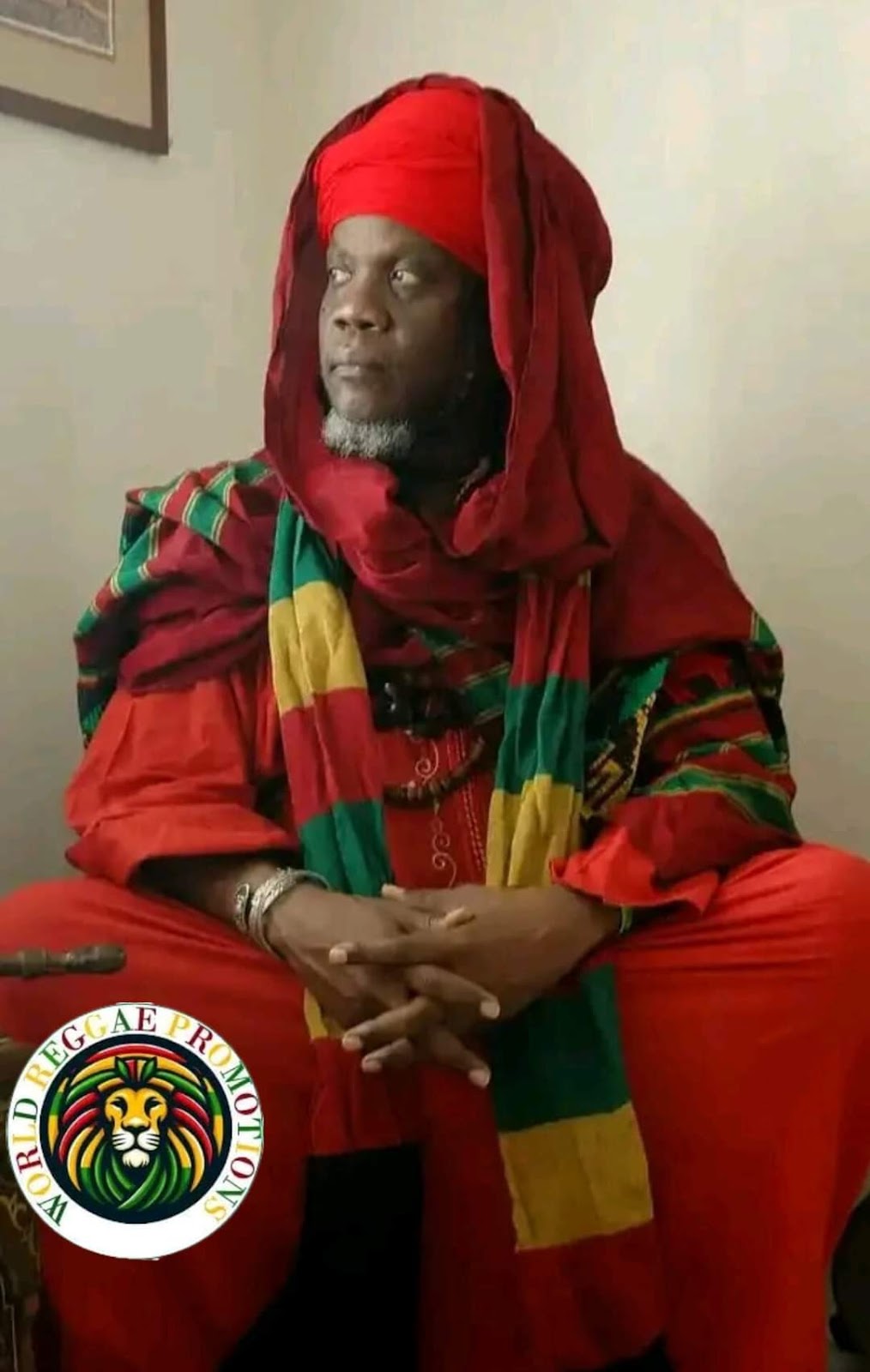Mutabaruka (born 1952) is a Jamaican Rastafari dub poet, musician, actor, educator, and talk-show host, who developed two of Jamaica's most popular radio programmes, The Cutting Edge and Steppin' Razor. His name comes from the Rwandan language and translates as "one who is always victorious". His themes include politics, culture, Black liberation, social oppression, discrimination, poverty, racism, sexism, and religion.
Early life and education :
Mutabaruka was born and raised in Rae Town, Kingston, Jamaica, in a household with his father, mother and two sisters. When he was eight years old his father died. Mutabaruka attended the Kingston Technical High School, where he trained in electronics for four years, going on to work for the Jamaican Telephone Company until eventually quitting in 1971.
Mutabaruka was drawn into the black awareness movement of the late 1960s and early '70s. In school he read many "progressive books", including Eldridge Cleaver's Soul on Ice and others that were then illegal in Jamaica, such as The Autobiography of Malcolm X . Raised as a Roman Catholic he began examining and immersing himself in the Rastafari movement. He stopped combing his hair and started growing dreadlocks, and changing to an ital diet, and even stopped wearing shoes as he became a Rastafari. He adopted the name Mutabaruka, a term from the Rwandan language, Kinyarwanda, meaning "one who is always victorious".
Musical career 1971–2000 :
Mutabaruka left Kingston in 1971, relocating to the Potosi Hills, where he lived with his wife and two children in a house that he built himself. He was among the new wave of Jamaican poets that emerged in the early 1970s. Early work by Mutabaruka was first presented in the magazine Swing from 1971. Introducing Outcry (March 1973), his first collection released as Mutabaruka, John A. L. Golding Jr. wrote: "In July 1971, Swing Magazine published for the first time a poem by Allan Mutabaruka.... Our readers were ecstatic. Since then.
FOLLOW World Reggae Promotion FOR MORE REGGAE UPDATES.

